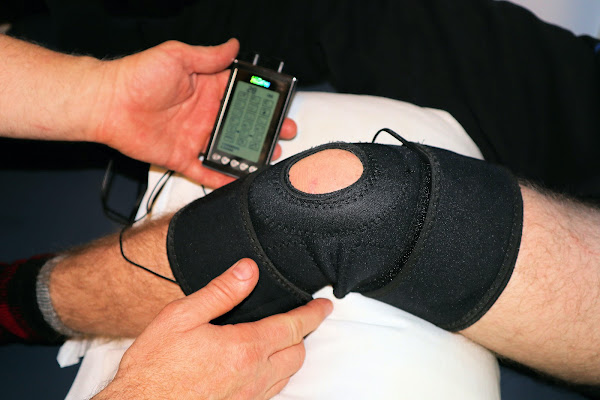1. Get an Immediate Medical Checkup
Delaying medical attention can make it harder for doctors to identify what caused your injuries. Also, the insurance companies may argue that something else was responsible for them. This could potentially jeopardize any compensation or settlement you might receive as a result of the accident.
2. Hire An Attorney
By having a thorough understanding of personal injury laws and regulations, lawyers know how to navigate the legal system. They can investigate the accident, collect evidence, and file your legal claim. They can negotiate with the insurance companies in your stead and represent you in court if required.
Working with a local lawyer can be an advantage as they will know the area and its laws. Florida, for example, has different laws and statutes of limitations compared to California. Plus, some specific occupations and situations may be considered as a "workers comp exempt Florida" case meaning you might not be eligible for standard workers' compensation benefits. If you find yourself in this category, consulting with an experienced attorney can help you explore alternative options for recovering losses and ensure your rights are fully protected.
3. Stay Off social media
Additionally, sharing details of your daily activities could damage your case. Let's assume you post pictures of yourself engaging in physical activity or on vacation. There could be problems if you do these things whilst being signed off work due to your injury. This would contradict the legitimacy of your claims and endanger the settlement amount.
4. Gather the Evidence
As we said earlier, medical records can demonstrate the extent of your injuries and the treatment you received. Additionally, keep track of any ongoing expenses related to your injury. They may include medical bills, lost wages, house modifications (following disability), hospital travel costs, and more.
5. Notify Your Employer
When notifying your employer, provide them with all relevant information about the accident. This includes:
- the date and time of the incident
- where it happened
- how it happened
- any injuries sustained
- whether there were any witnesses present
Providing clear and concise information will help speed up the process of filing a claim. Should it be rejected, consult an attorney with experience in the Worker's Compensation scheme.
6. Notify Your Insurance Company
They'll need to know about any injuries sustained during the incident and will request photos or videos of the scene. These can help support your claim and speed up the process of getting compensation. Your insurance provider may assign an adjuster or investigator to look into your case, to assess the damages incurred.
7. Let Your Lawyer Deal with the Negotiations
8. Take Care of Yourself
Additionally, make sure you're following any medical advice given by your healthcare provider. Attend all appointments and follow their instructions regarding medications or physical therapy exercises. If you don't, you could endanger your legal claim for compensation.
If you do these 8 things after being injured, you'll be in the best position possible. You'll be on the road to a full physical recovery, and likely to be financially compensated for the accident. In turn, you'll be able to pay your expenses and return to a normal life once again.




.png)



No comments
Thank you for dropping by! I would love to hear what you thought. :)
Thanks!
♥,
Diana